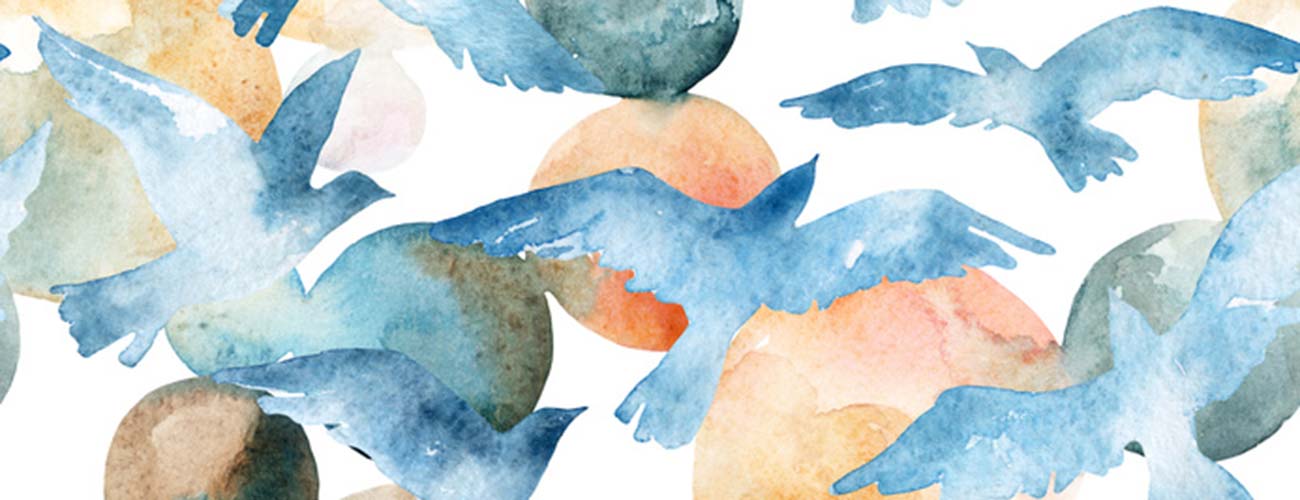For certain journalists, the age-old combination of breakfast and a newspaper doesn’t cut it any more. “I don’t know any black reporter who, the first thing in the morning, doesn’t check Black Twitter,” Jamilah King, a senior writer at Mic, said at a February conference on the topic.
That term, as many by now know, unofficially refers to a sprawling network of African American Twitter users that has emerged as a serious media force in recent years. It has been a consistent megaphone for news and reactions to police killings, while hashtag campaigns such as #BlackLivesMatter and #OscarsSoWhite have led to wide-ranging public discussions on race and privilege. Users have not only highlighted a large, previously overlooked audience for coverage of issues affecting black communities, but also new talent for media organizations to recruit.
“Before Black Twitter’s rise, the coverage of African American culture and related news issues was up to the discretion of the individual publisher, and the audience really had to wait for a reporter to pay attention,” says Mark S. Luckie, head of journalism and media at Reddit and curator of the Today in Black Twitter feed. Users “are calling attention to the news organizations—who are finding stories that they might not have otherwise—and they are creating content that they know readers are interested in.”
But this influence, firmly established as Twitter marked its 10th birthday this month, has simultaneously highlighted the limitations of this online community. Namely: It remains unlikely that Black Twitter alone can continue evolving to fill the same social role as the black press. African-American media, whose power was traditionally centered in print newspapers and magazines, has continued to decline despite a handful of digital newcomers springing up. While Black Twitter may aid in fulfilling the black press’ broader historical function, some argue that it can only do so in a supporting role.
“Not only does the black press kind of survey the landscape of what’s happening to the community, but it goes into leadership about what do we do about these circumstances,” Clint C. Wilson II, a Howard University professor, says in an interview. “Twitter can organize folks for some kind of an instantaneous protest…but what’s lost from the old days is you can be placing this in context.”
During the Civil Rights Movement, Wilson says, African-American media worked closely with groups such as the NAACP to focus discussion and organize demonstrations. “They were the communicative glue that held things together,” he adds.
Online outlets or verticals such as The Root, Blavity, and HuffPost Black Voices have launched in recent years in an attempt to at least partially fill this role. And Black Twitter has indeed helped these new outlets–as well as the traditional media outfits–to continue the conversation in more depth. “If Black Twitter didn’t continue to exist in the way it does now,” adds Luckie, formerly head of news at Twitter, “you’d actually see a decline of the black press because it’s so difficult to source these stories if you don’t have the resources, which a lot of the black press suffers from.”
As print media continues to decline, that dearth of resources is unlikely to change. But, importantly, mainstream outlets now cover some of the topics that would have been discussed only in the black press in decades past—thanks in large part to social platforms. About 28 percent of black Internet online use Twitter, according to the Pew Research Center, compared to just 20 percent of white users. That’s fertile ground for an increasingly social-driven news market. And mainstream media have begun to more formally embrace the potential of the community.
Last month, the first #BlackTwitter Conference was hosted by the National Association of Black Journalists at the Columbia Journalism School. Digital and print organizations have also made targeted hires to include a more diverse array of talent and coverage. BuzzFeed, for example, has hired a number of influencers on staff, and in July 2015, The Los Angeles Times assigned a reporter to the Black Twitter beat.
“For both the black press and the mainstream media, it allows more voices to enter conversations and for more voices to get exposure,” says Meredith Clark, a University of North Texas professor who’s studied Black Twitter extensively. “So if people are looking for talent and are willing to look outside of traditional channels and onto a site like Twitter where people have been writing for themselves, publishing for themselves, and they have the talent at the very least, it provides a complement for finding diverse talent and diversifying the stories that we can tell.”
The 2014 death of Michael Brown in Ferguson, Missouri is a prime example of this community’s reach. On-scene observations, shared 140 characters at a time, drew far-off reactions, which in turn begat still more attention. The snowballing audience drew numerous outlets to devote substantial resources to cover Brown’s death, its immediate aftermath, and big-picture analyses of root causes and long-term effects.
It’s no coincidence that Black Twitter has shown particular reach in the national discussion over race and policing, as well as larger conversations about diversity. The platform “puts human capital in the middle of the story,” Clark says. “It places a heavy emphasis on the lives and the livelihood of people who have been marginalized in the press traditionally.”
Nevertheless, the limitations are clear. “If you’re not following the people who are tracking the story, of course you’re not going to see it,” added Clark, speaking at the Columbia conference. “Twitter is not going to be a replacement for the black press….We can only use the tool. We can’t rely on it for everything.”
Katie Ferguson is a Columbia Journalism School student.

